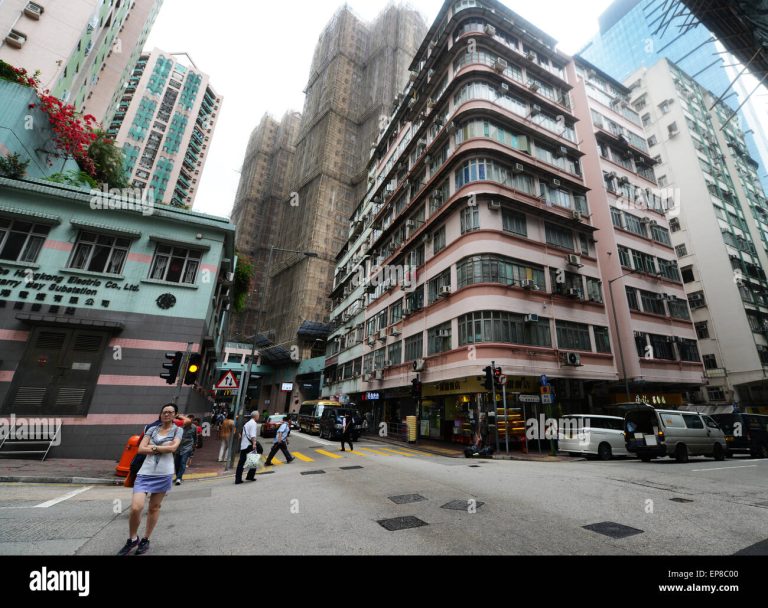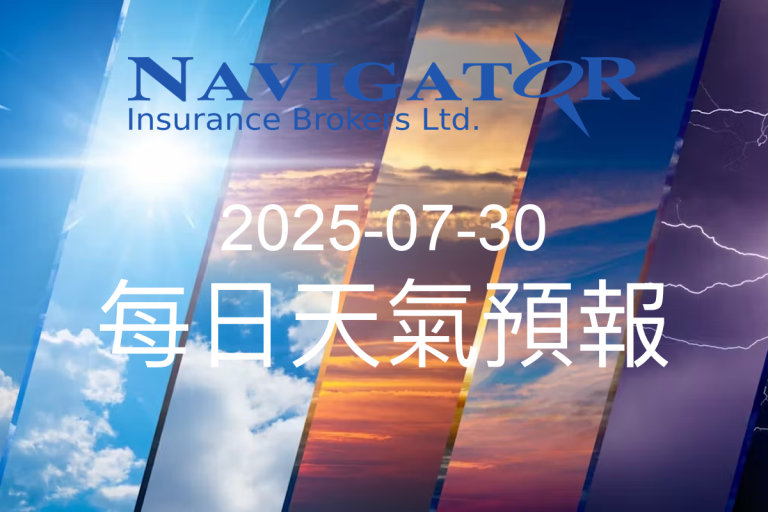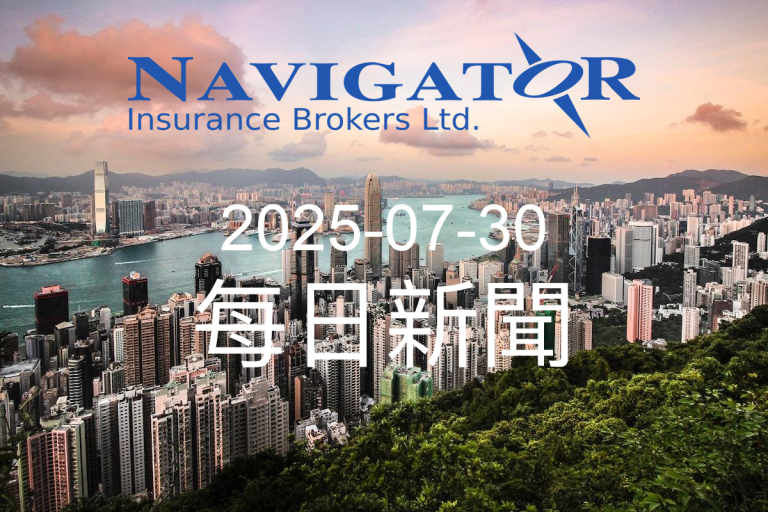Hong Kong’s trust industry is experiencing a significant shift as regulatory complexity drives up compliance costs and transforms operational strategies. A recent joint survey by the Hong Kong Trustees’ Association (HKTA) and KPMG reveals that nearly two-thirds of trust firms have seen compliance expenses increase by 5% to 15% in just the past year.
The rising regulatory landscape isn’t simply an administrative burden but a critical mechanism for maintaining Hong Kong’s prestigious status as an International Financial Centre (IFC). Ka Shi Lau, HKTA’s Chairman, emphasizes that these stringent frameworks are essential for preserving market integrity and investor protection. New regulations now encompass comprehensive monitoring of public funds, expanded reporting requirements, and more detailed securities rules.
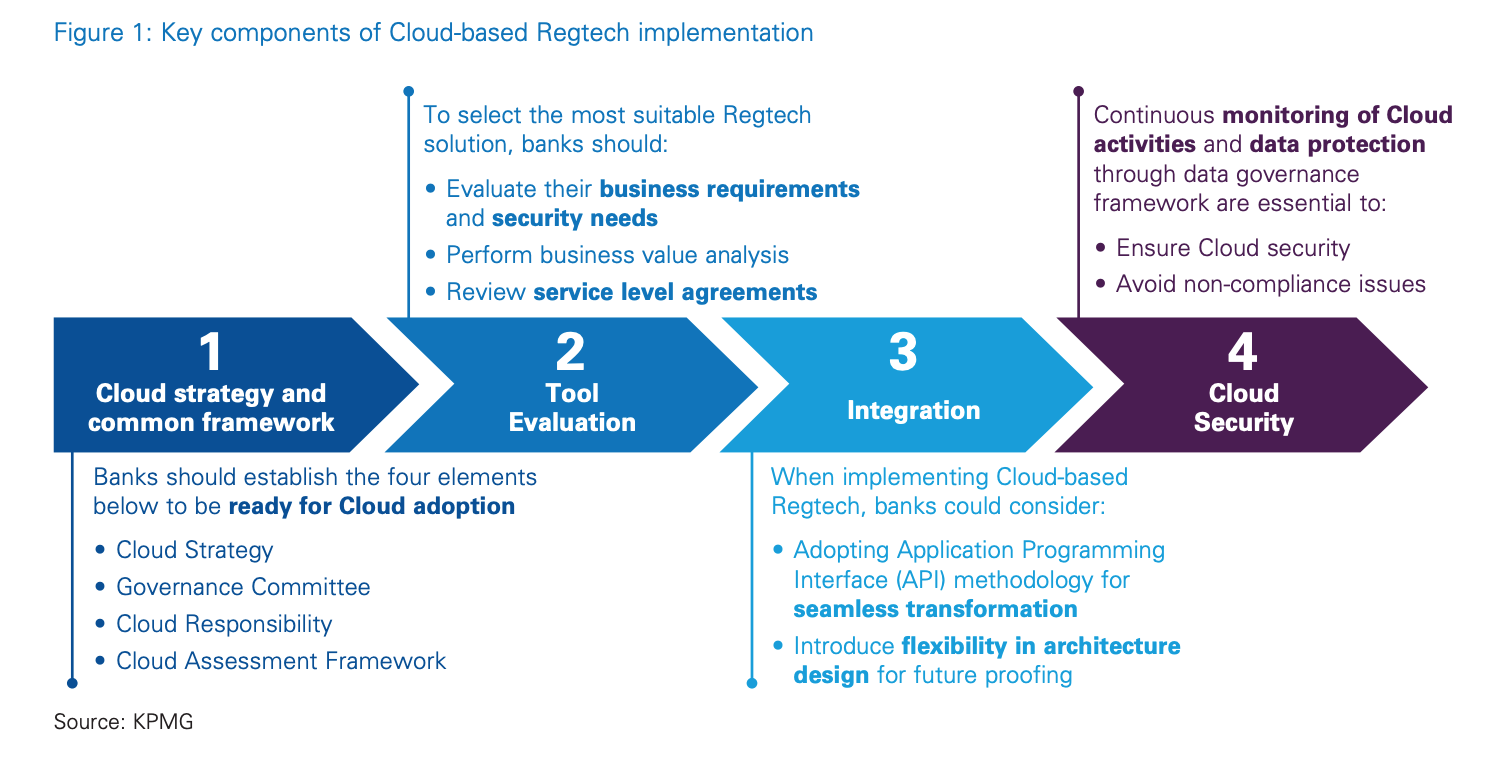
Implementing robust compliance infrastructure demands substantial investment. Firms must develop sophisticated systems for customer due diligence, transaction monitoring, and comprehensive reporting. These requirements go beyond traditional paperwork, requiring advanced technological capabilities and strategic organizational adaptations.
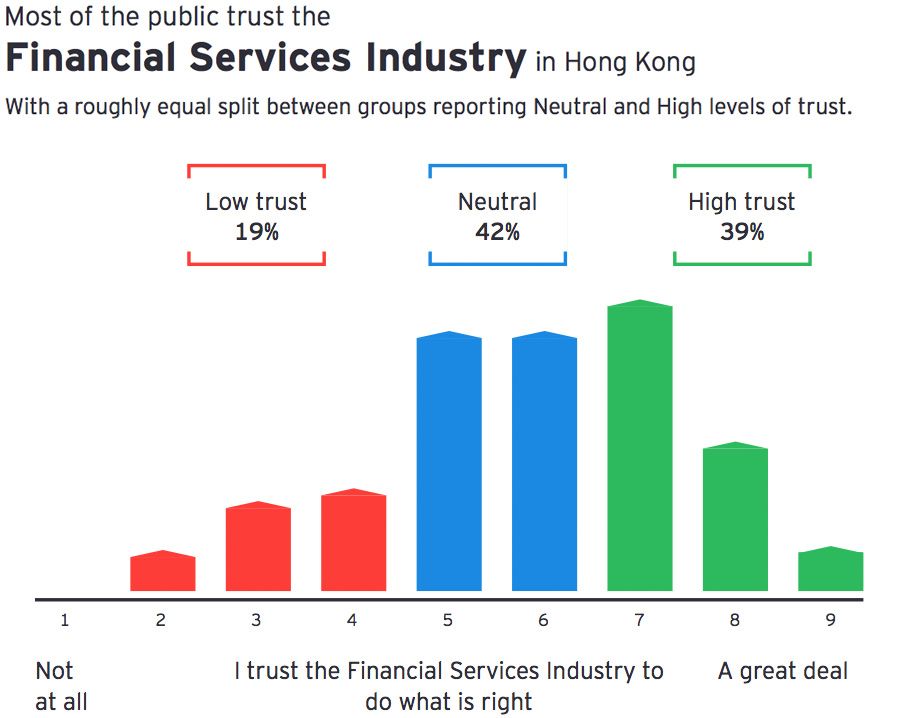
Recognizing the challenges, trust industry leaders are turning to innovative technological solutions, particularly artificial intelligence and RegTech. Vivian Chui from KPMG China highlights that these technologies offer promising pathways to manage escalating compliance demands. RegTech solutions can potentially automate complex compliance tasks and reduce procedural costs by up to 40%, especially in areas like Know Your Customer (KYC) processes.

The approach to compliance is not one-size-fits-all. Lau advocates for firms developing agile compliance programs tailored to their specific organizational characteristics, including size, business activities, and product complexity. This nuanced strategy acknowledges that each trust organization has unique operational dynamics requiring customized regulatory approaches.
Despite these challenges, the broader context remains optimistic. Asia’s private wealth sector continues to demonstrate remarkable growth potential. The emergence of new wealthy individuals across the region and increasing intergenerational wealth transfers are driving demand for sophisticated succession planning and wealth preservation tools.
Technology emerges as a critical enabler in this evolving landscape. By strategically investing in RegTech and AI-driven solutions, trust firms can transform compliance from a cost center into a competitive advantage. These technologies not only reduce expenses but also enhance monitoring capabilities, providing more comprehensive and efficient regulatory adherence.
The current regulatory environment represents a delicate balance between maintaining market integrity and supporting financial innovation. While compliance costs are rising, the underlying motivation is protecting investors and maintaining Hong Kong’s reputation as a world-class financial hub. Trust firms that can nimbly adapt to these changes—leveraging technology, developing tailored compliance strategies, and maintaining a forward-looking perspective—will be best positioned to thrive.
As the trust industry continues to evolve, the message is clear: regulatory complexity is not a temporary challenge but a fundamental transformation. Successful organizations will view compliance not as an obstacle but as an opportunity for technological innovation, operational excellence, and enhanced client trust.


